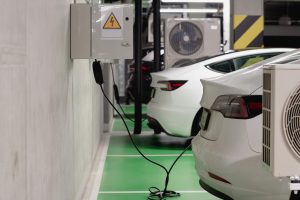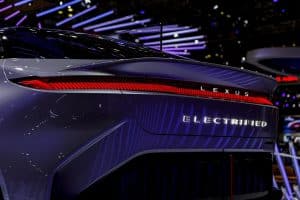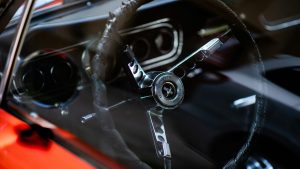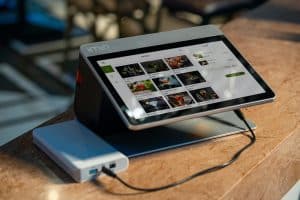Automotive Startups Disrupt Traditional Dealership Models
In recent years, the automotive industry has seen a significant shift in its traditional business models. With the rise of technology and the growing demand for more convenient and efficient car-buying experiences, a new wave of startups has emerged to disrupt the traditional dealership model. These startups are revolutionizing the way we buy and sell cars, bringing innovative ideas to the table and creating fierce competition for traditional dealerships. In this article, we will explore the impact of automotive startups on the industry, and how they are challenging the status quo of traditional dealership models.
Changing the Game for Dealerships
In the past, buying a car used to involve a long and tedious process that often left customers feeling exhausted and frustrated. Traditional dealership models were built around the idea of face-to-face interactions and negotiations, which could take hours or even days to finalize a deal. Moreover, dealerships were known for their pushy sales tactics, adding to the stress of the car-buying experience.
Automotive startups, on the other hand, have found ways to simplify the process, making it more customer-focused and efficient. By leveraging technology and digital platforms, these startups have eliminated the need for physical dealerships and the associated overhead costs. This allows them to offer lower prices for cars and provide a more direct and transparent buying process for customers.
The Rise of Online Marketplaces
One of the key ways automotive startups are challenging traditional dealerships is through the use of online marketplaces. Platforms like Carvana, Vroom, and Shift have gained popularity in recent years, offering customers the convenience of buying a car online and having it delivered right to their doorstep. These companies have streamlined the purchasing process, allowing customers to browse through a wide selection of cars, compare prices, and complete their purchase in a matter of minutes.
By removing the need for in-person negotiations, these startups have also eliminated the element of pressure that traditional dealerships are known for. Customers can take their time making a decision, without feeling the need to rush into a purchase. Furthermore, the use of digital platforms allows for more transparency, providing customers with detailed information about the car’s history, condition, and pricing.
Subscription Services
Another way automotive startups are disrupting traditional dealership models is through the introduction of subscription services. Companies like Care by Volvo and Fair are offering customers the option to subscribe to a car instead of owning it. This trend, known as “cars-as-a-service,” is gaining popularity among young professionals and urban dwellers who prefer flexibility and convenience over car ownership.
Subscription services allow customers to pay a monthly fee for access to a car, which includes maintenance, insurance, and even delivery. This model eliminates the need for high upfront costs and long-term commitments, making it an attractive alternative to traditional car leasing or purchasing. As a result, traditional dealerships are facing stiff competition from these startups, as they struggle to keep up with the changing demands of the market.
The Future of Car-Buying
With the success and growth of automotive startups, it’s clear that the traditional dealership model is in for a major overhaul. As more consumers turn to digital platforms and subscription services, it’s becoming increasingly evident that convenience, transparency, and flexibility are what customers are looking for in their car-buying experience. Dealerships that fail to adapt to these changing demands risk losing their market share to these disruptors.
Furthermore, as technology continues to evolve, we can expect to see even more innovative ideas from automotive startups. From virtual reality showrooms to digital financing options, these startups are constantly finding ways to improve and refine the car-buying process, making it easier and more enjoyable for customers.
In Conclusion
Automotive startups are shaking up the traditional dealership model, and for good reason. With their customer-centric approach and innovative use of technology, these startups are revolutionizing the way we buy and sell cars. As they continue to gain traction and disrupt the industry, traditional dealerships will have to adapt to these new challenges to stay competitive. Only time will tell how the relationship between these two players will evolve, but one thing is for sure – the future of car-buying will never be the same again.










